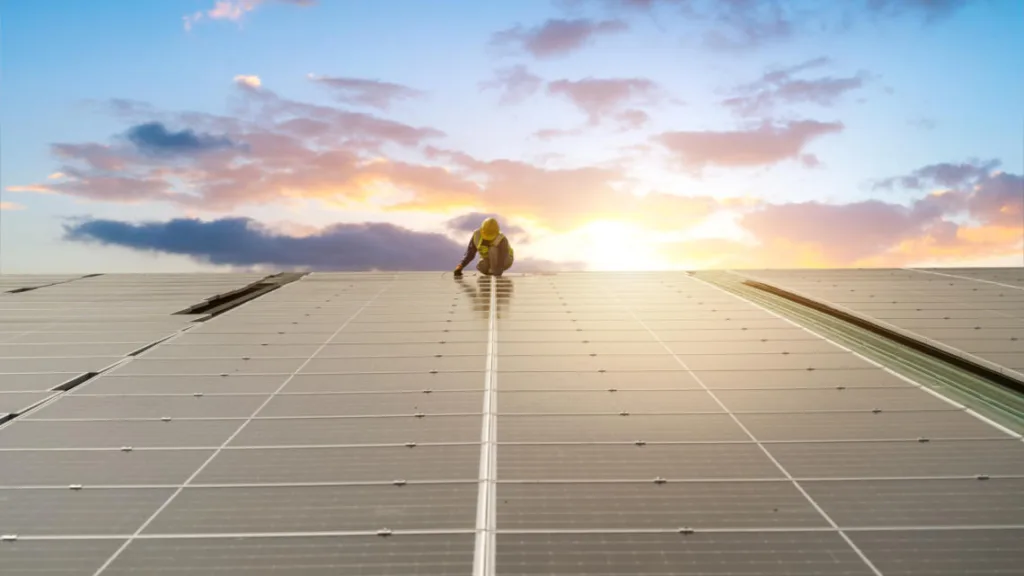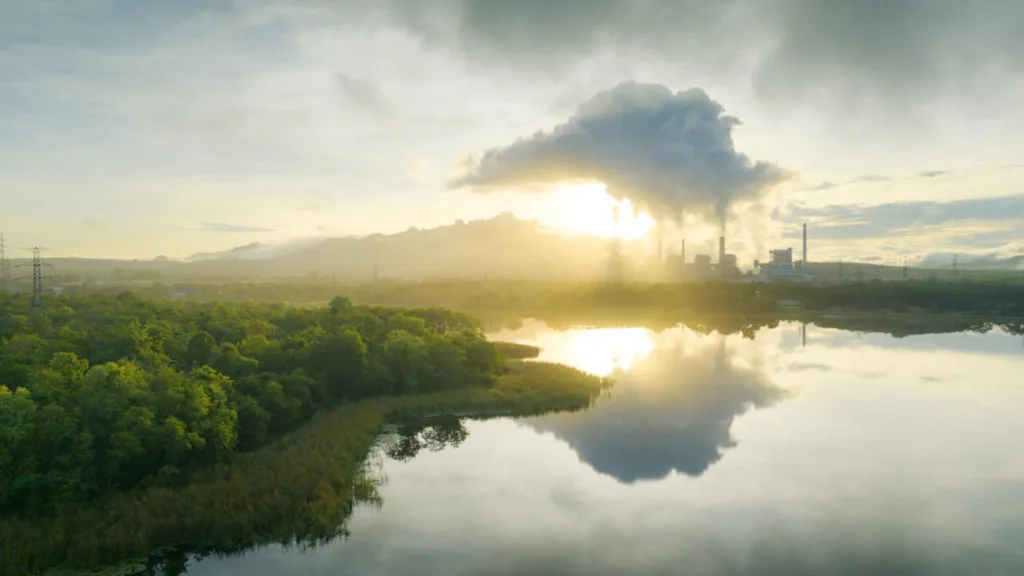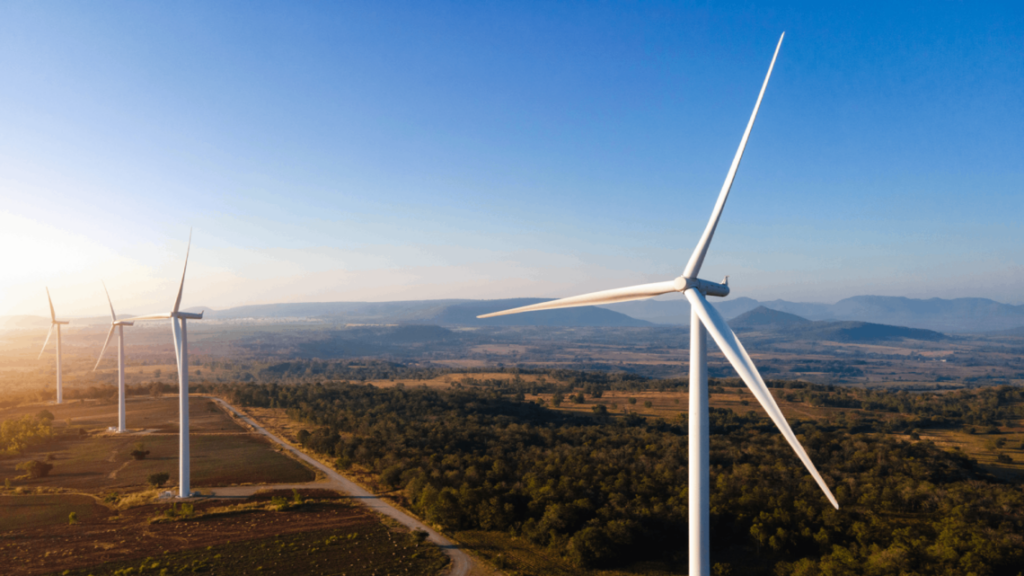Authors
Claire O'Neill
As we come to the end of a year marked by a global health crisis, it’s a good moment to take stock of our efforts to fight the world’s climate crisis.
12 December marked the five-year anniversary of the signature of the Paris Agreement on Climate Change at COP21 – a landmark moment in the international efforts to hold global temperature increases to safe levels. To mark the event the UN, along with COP26 host countries UK and Italy, held a virtual Climate Ambition Summit for world political leaders for urging all nations to strengthen their commitments for a net zero world. Net zero was the “landing zone” for the COP26 Action plan that I helped develop as President-designate, and it was so good to see multiple speakers recognizing the target, raising ambition and committing to real action.
Over the past five years we have seen real progress at the government level with the UK, France and many other countries legislating for climate neutrality by 2050, China setting a net Zero pathway and countries such as South Korea, Japan and the EU accelerating their ambitions and setting out clear pathways. And businesses, including many WBCSD members, are going further than governments in many respects, with thousands of companies setting science-based decarbonization targets, committing to climate risk disclosure and aligning their investments and governance with ambitious strategies and plans. It has also been great to see the focus and effort towards greening the financial system.
But despite these efforts, the emissions curve just keeps on rising – at 410ppm, CO2 levels are the highest they have been in at least the past 800,000 years. We are conducting an unparalleled chemical experiment with the global atmosphere upon which all life depends and the implications for nature, health, land use, migration, settlement patterns and investment become clearer every year. To keep the world at a safe operating space with no more than a 1.5 °C temperature rise we must halve GHG emissions every decade between now and 2050. Without rapid, urgent and collaborative action between business, governments (and the financial system and citizens) we will not reach these targets.
So on this important anniversary and at a crucial turning point for climate action, WBCSD calls on business and governments to “double down” on their commitments to implementing bold, sustained climate action.
To turn all commitments and targets into reality, with COP26 as one of the upcoming key milestones, we call on businesses and governments to work better together to accelerate the key solutions for a net zero world:
- We need to accelerate the energy transition
- It’s time to decarbonize mobility and accelerate the shift to electric vehicles
- We need to put a high price on carbon and develop regulated carbon markets
- We need to mainstream climate transparency and green financial markets: Companies need to transparently disclose their targets and plans, and report progress towards those. The TCFD recommendations and ESG developments are important to implement
- Investing in nature-based solutions such as natural climate solutions is critical to reducing emissions while protecting nature.
WBCSD’s new membership criteria set the bar for climate ambition for business but all of us can set our targets high and join forces to put climate action at the top of the agenda – as we head to COP26 in 2021 and as we plan for the years ahead. There has never been more at stake, and the need for business, government, civil society and all stakeholders to work together is more urgent than ever to move from ambition to action.
WBCSD news articles and insights may be republished in accordance with the Creative Commons Attribution-NonCommercial-NoDerivatives 4.0 International Public License, and in accordance with our Privacy Policy. All Content must be featured with due credits.
Related
Content

Renewable electricity procurement: blazing a trail from innovation to leadership
27 April, 2023

Carbon removals: Why a portfolio approach is key to achieving climate goals
19 April, 2023

WBCSD updates the climate scenario analysis tool for companies to leverage in their climate-related financial disclosures
31 March, 2023

